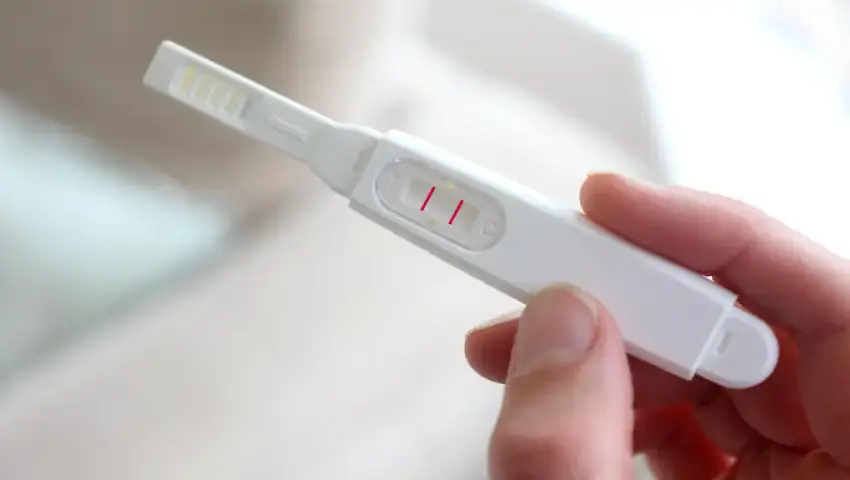
- 06/01/2025
- Goodfaith Healthcare
- 0 Comments
- Blogs
Confirming Pregnancy: When to See a Doctor and What to Expect
Confirming a pregnancy is an exciting yet crucial step that sets the foundation for a healthy journey ahead. Whether you suspect pregnancy due to missed periods or early symptoms, it is essential to get medical confirmation to ensure everything is progressing well. This blog will guide you on when to see a doctor, what tests to expect, and how to prepare for your first prenatal visit.
When to See a Doctor for Pregnancy Confirmation:
After a Missed Period:
A missed menstrual cycle is often the first sign of pregnancy. If your period is late by a week or more, taking a home pregnancy test is the first step. If the test is positive, it’s time to schedule an appointment with a doctor.
After a Positive Home Pregnancy Test:
Home pregnancy tests detect human chorionic gonadotropin (hCG) in urine, providing a good initial confirmation. However, false positives or negatives can occur, making a medical evaluation necessary for confirmation.
Experiencing Early Pregnancy Symptoms:
Even if you haven’t taken a test, early pregnancy symptoms such as nausea, fatigue, breast tenderness, frequent urination, and mood swings may indicate pregnancy. Seeing a doctor can help confirm it through clinical evaluation and testing.
If You Have Irregular Periods or Fertility Issues:
Women with irregular cycles or a history of fertility treatments should consult a doctor as soon as pregnancy is suspected to ensure proper monitoring and early intervention if needed.
Experiencing Unusual Symptoms:
If you experience severe pain, heavy bleeding, dizziness, or extreme nausea, you should seek medical attention immediately to rule out complications such as ectopic pregnancy or miscarriage.
What to Expect at Your First Prenatal Visit:
Medical History Review:
Your doctor will discuss your medical history, including previous pregnancies, chronic conditions, medications, and lifestyle habits. This helps assess any risks and plan appropriate care.
Physical Examination:
A general health checkup, including weight, blood pressure, and a pelvic exam, may be performed to assess your overall health.
Pregnancy Confirmation Tests:
- Blood Test: Measures hCG levels for accurate confirmation and checks for other essential health markers.
- Urine Test: Used to reaffirm pregnancy and screen for infections or underlying conditions.
- Ultrasound: Performed around 6-8 weeks to confirm pregnancy location, fetal heartbeat, and estimated due date.
Nutritional and Lifestyle Guidance:
Your doctor will provide recommendations on prenatal vitamins (such as folic acid), a balanced diet, and safe exercise routines.
Scheduling Future Appointments:
Prenatal visits are scheduled regularly to monitor fetal development and maternal health. The frequency may vary based on individual needs.
The Importance of Early Prenatal Care:
Early prenatal care ensures both maternal and fetal well-being. It helps identify and manage potential complications at an early stage, ensuring a smooth pregnancy journey.
Expert Family Medicine Care with Dr. Anuja Pakhare:
Dr. Anuja Vikas Pakhare, a highly skilled Pediatrician and Neonatologist with additional expertise in Family Medicine, provides comprehensive maternal and child healthcare services. With over a decade of experience, she offers expert guidance to expecting mothers, ensuring a healthy pregnancy and neonatal care. Dr. Anuja practices at Goodfaith Healthcare Clinic in Hinjewadi, delivering compassionate and personalized care.
Conclusion:
Confirming a pregnancy is a crucial first step toward a healthy journey. If you suspect pregnancy, consult a doctor early to receive appropriate care and guidance. With expert medical support like that of Dr. Anuja Pakhare, you can navigate pregnancy confidently and ensure the best outcomes for both mother and baby.
If you’re expecting or planning a pregnancy, book an appointment with a qualified healthcare professional to start your prenatal care today!
